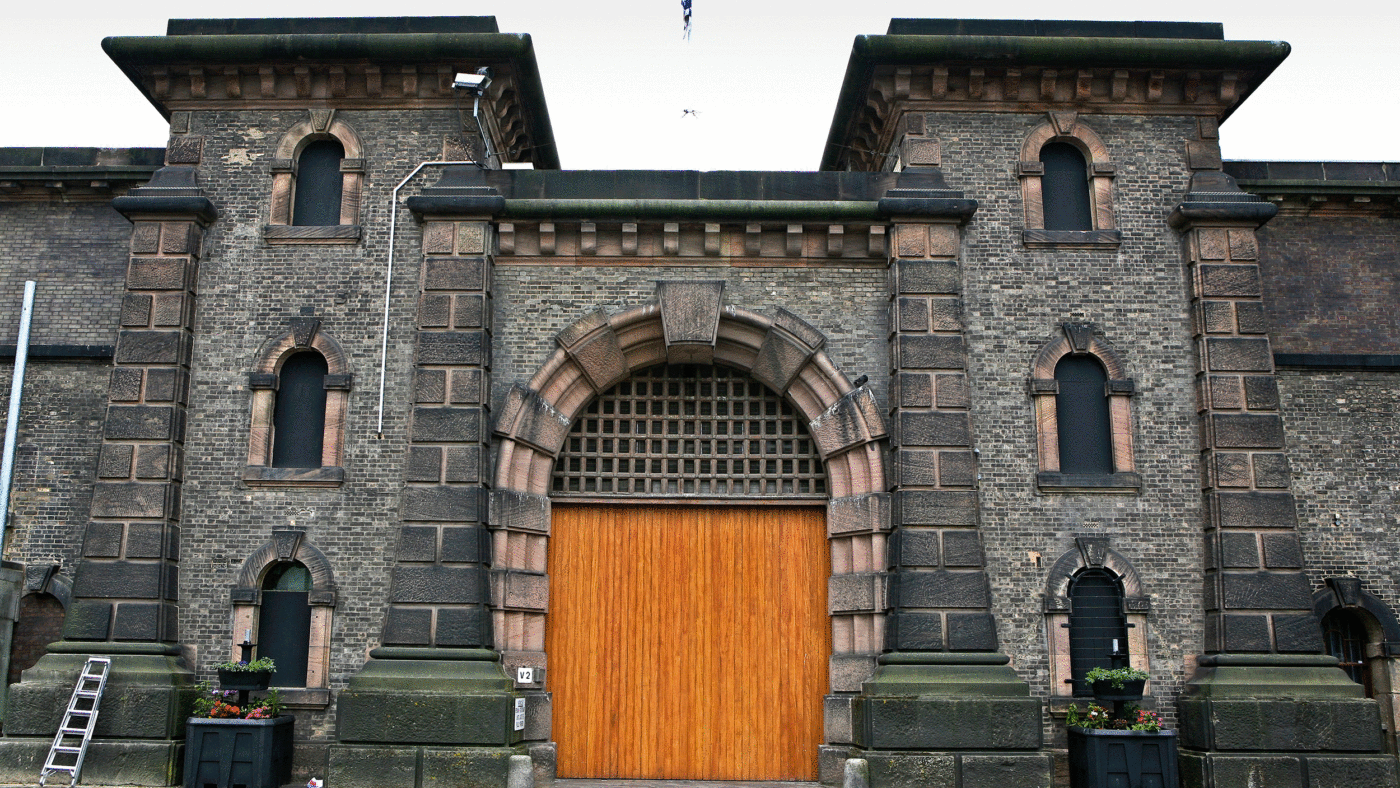A former soldier charged with terrorism and espionage escapes from prison by strapping himself under a delivery lorry and being driven to freedom. It might sound shocking, far-fetched or like something from an action film. However, having been imprisoned at HMP Wandsworth in 2020 I’m not shocked at all.
The most fundamental job of a prison is to secure its inmates, but Wandsworth struggles to do that. In my time there the prison would often go into ‘lockdown’ with all movement halted because a prisoner had gone missing. Invariably they would be found in the wrong cell or even in another wing. How can this happen?
It’s important to understand Wandsworth’s unusual inmate mix. The prison serves as an extradition hub for the south of England. Of the ~1600 men imprisoned there, about half are foreign nationals awaiting or fighting extradition. Many of those men speak little or no English. The rest of the prison population is a mix of remand prisoners like Daniel Khalife, men serving short sentences and those who received longer sentences and are awaiting transfer to another prison. The prison is constantly full and receives more inmates every day from the courts. Even compared to the rest of our prison system, Wandsworth’s population is highly transient.
Like most of our prisons, Wandsworth is also constantly understaffed. The most recent report by HM Inspectorate of Prisons reported that over 40% of the prison’s operational staff were absent or unable to perform their duties. With that level of understaffing the prison struggles to provide the most basic ‘regime’, with prisoners often forced to choose between a shower, an opportunity to clean their cell or exercise outside on a given day. This desperate understaffing also means that officers are constantly moved to different wings and rushed off to deal with crises.
These factors combine to create an environment in which officers are often unfamiliar with the names and faces of the men in their charge, and regularly too rushed and busy to focus on the task in front of them. In an environment like this an opportunistic prisoner can easily slip off to another wing, into a different man’s cell, or, in Daniel Khalife’s case, under a delivery lorry.
Further, record keeping is often inaccurate or out of date. This is exacerbated by the way courts will summon men from Wandsworth for sentencing then send them back to another prison without any prior warning. I experienced this slackness for myself in February 2020. My cellmate left for court early one morning. When an officer came round to do ‘the count’ that afternoon, he expected to find two men in my cell. I assured the officer that my cellmate had gone to court, and the rushed man moved on, seemingly satisfied. It’s easy to imagine how an unscrupulous prisoner could take advantage of such lax processes.
This organisational chaos also explains the 43 minute gap between Khalife’s disappearance and the police being informed. Wandsworth regularly loses track of prisoners. The prison will have locked-down and wanted to exhaust internal searches before alerting the police.
Questions have also, rightly, been raised as to why Khalife was allowed to work in the kitchen. There’s a hierarchy of jobs in prison, and the kitchen is considered particularly desirable, offering as much food as you can eat, cooked breakfasts before work and the opportunity to take ‘extras’ for trade with other prisoners. It’s also one of few jobs at Wandsworth which brings an inmate within reach of the outside world. The kitchens receive food deliveries every day, with prisoners being responsible for unloading the supplies. Only trusted prisoners, who the Security department consider to be a low risk of escape, should be allowed to work there. Khalife had been held at Wandsworth since the beginning of the year. Given how quickly most inmates there move on, he had plenty of time to convince officers that he was a model prisoner and could be trusted.
Even working there, and able to smuggle himself beneath a lorry, Khalife should not have been able to escape. Every vehicle leaving the prison should have its underside searched using mirrors, particularly since a very similar escape took place in 2019. The prison will have to account for this catastrophic failure of security protocol.
Wandsworth is a particularly dreadful example of our prison system, but it would be a grave error to imagine its weaknesses are unique. All across the country prisons are understaffed, chaotic, and mismanaged. As a result, half of frontline prison officers report that they feel unsafe at work, and over 80% say morale in their prison is poor. It’s no surprise then that 14.6% of frontline officers left in each of the last two years.
If the government doesn’t act soon to restore funding, morale and order in our prisons then violence, chaos and more escapes will become ever more likely.
Click here to subscribe to our daily briefing – the best pieces from CapX and across the web.
CapX depends on the generosity of its readers. If you value what we do, please consider making a donation.


